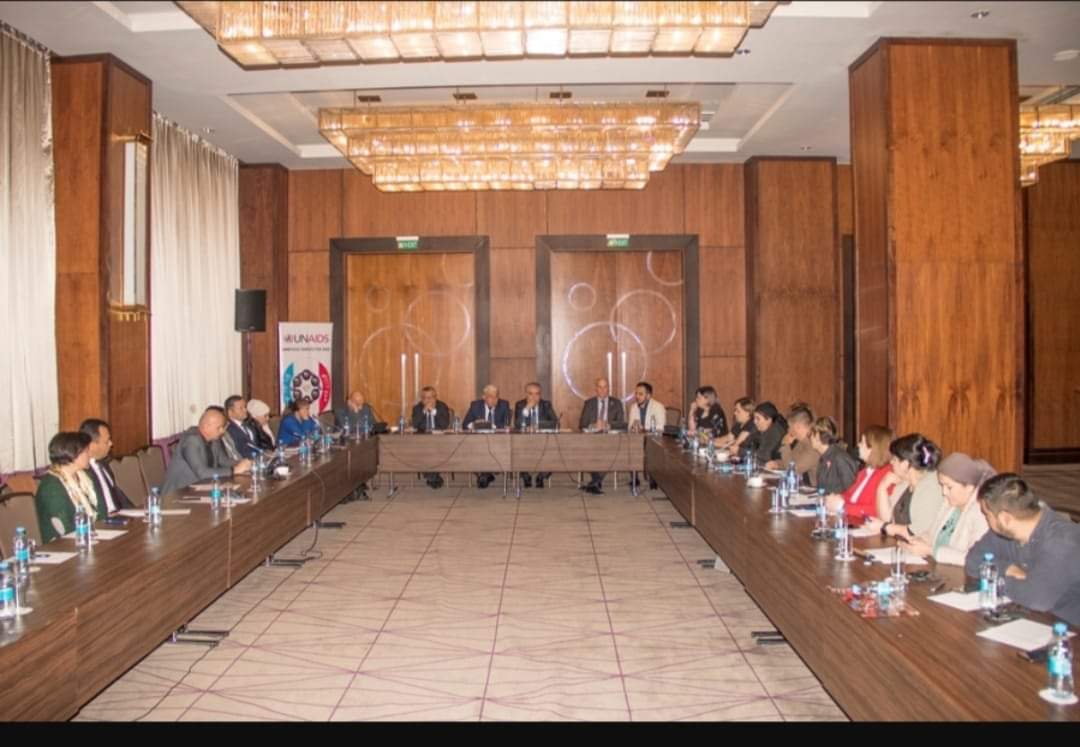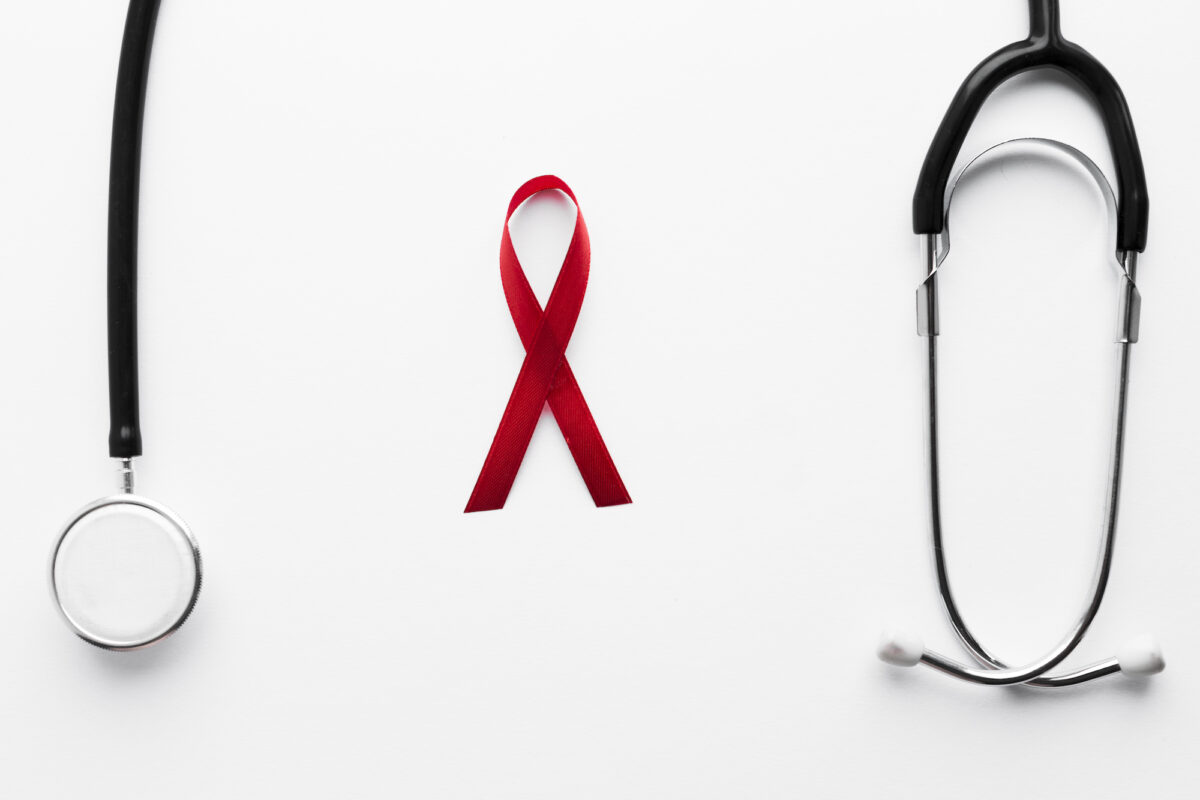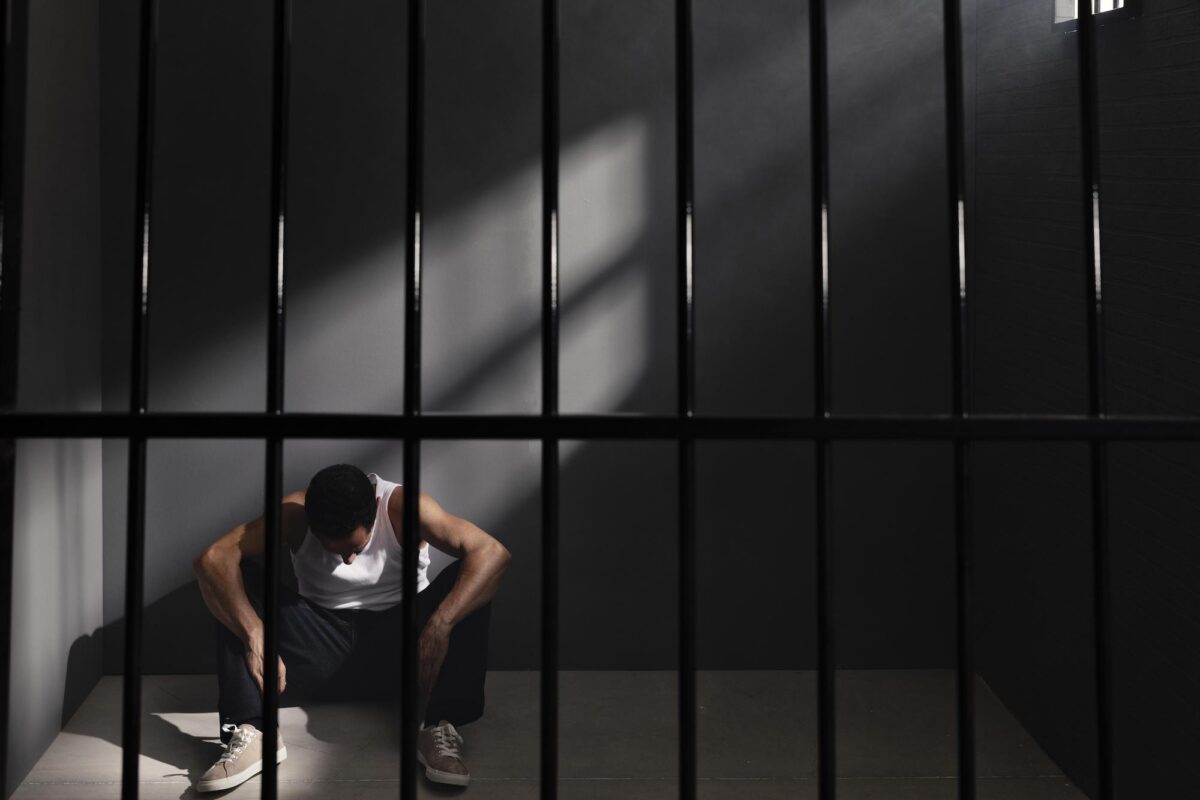In 2023, 20 cases were reported in Uzbekistan of people living with HIV being suspected, questioned, and prosecuted under Article 113 of the Criminal Code. Most of these cases are successfully resolved due to the active participation of stakeholders in the pre-trial investigation. However, one particular case stands out as a court decision that raises serious questions about fairness and respect for human rights.
This controversial case involves the prosecution of Lola (name changed) under Article 113 of the Criminal Code of the Republic of Uzbekistan, which involves willful HIV infection. The client insists on her innocence, denying the existence of sexual contacts that, according to the prosecution, could have led to the infection.
Pressured by the district police officer, Lola claims that he forced her acquaintance to sign a statement about a sexual encounter. The friends were physically assaulted, which was a factor in the conviction. The client exercised her right to counsel and was provided with friendly counsel for her defense.
The negligent investigation and trial resulted in the court failing to consider all of the evidence of innocence presented by Lola and sentencing Lola to two years in a general population facility.
REActors took Lola’s case, providing her with professional legal assistance. After the appeal, the client was referred to an experienced lawyer who carried out the necessary investigative measures. Nevertheless, the court did not take into account the evidence collected, which creates grounds for reconsideration of this decision.
Lola continues to fight for her innocence, seeking legal defense and hoping for a review of the court decision. This case raises important questions about justice, respect for human rights, and the need for careful consideration of each case, especially in the context of infectious diseases, where allegations can have serious consequences for the lives and freedom of people living with HIV.
Also read:
Breaking down walls of silence: the struggle for sex workers’ rights in Azerbaijan
Overcoming stigma and discrimination in maternity hospitals in Kazakhstan



















